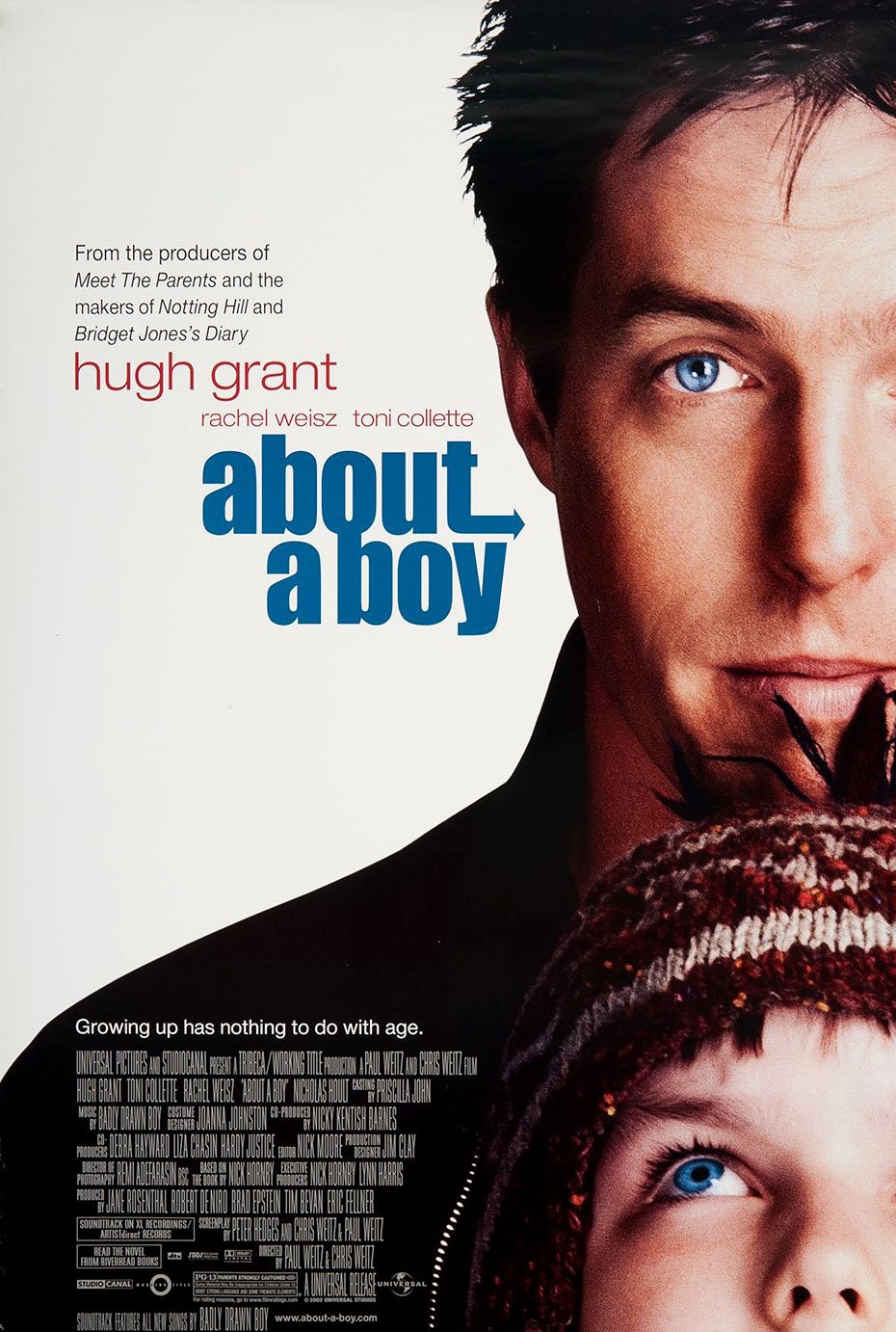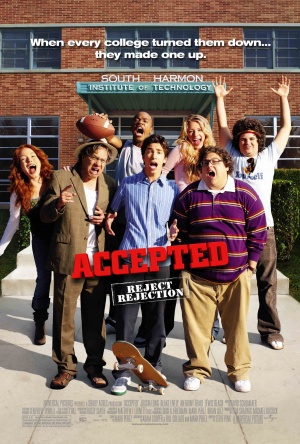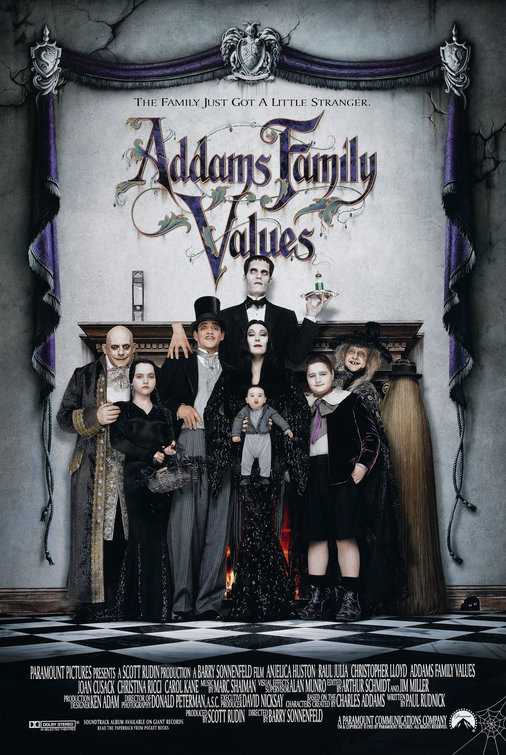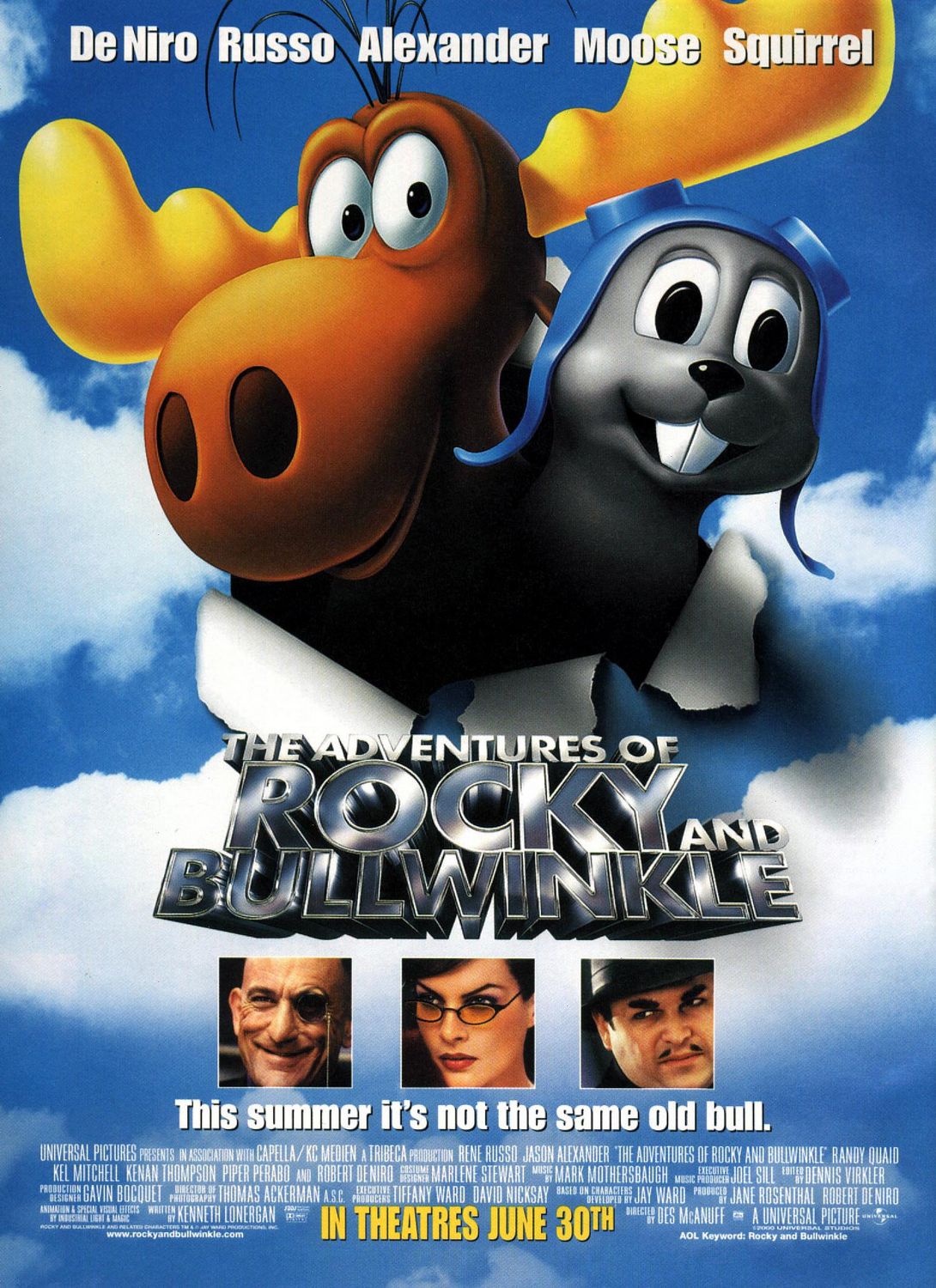dir. Stephen Gaghan
A glossy thriller that ultimately lacks thrills, this film drags through its 99 minutes with half-baked intrigue and disjointed plotting. Katie Holmes plays Katie, a graduate student crushed under intense academic pressure and teetering on the edge of a breakdown. To make matters worse—or perhaps stranger—her long-lost ex-boyfriend, Embry (Charlie Hunnam), who vanished two years ago, now seems to be haunting her, fleetingly appearing in the distance in public places. Is he a phantom of her frayed nerves, or is something more sinister at play? The film toys with this question but never commits, as the story unfolds in stilted fits, with no rhythm or tension to sustain the suspense. The twist ending, when it arrives, feels flimsy and unearned. Benjamin Bratt, as the weary detective investigating Katie’s claims, delivers such a disengaged performance that you almost wonder if he realizes he’s in a thriller. Holmes, to her credit, does what she can with a thinly sketched role, but she ultimately comes off more like the ghost than she does the haunted. While this film boasts polished production values and a cast of recognizable faces, it amounts to little more than a big shiny ball of nothing. A stylish but lifeless snoozer.
Starring: Katie Holmes, Benjamin Bratt, Charlie Hunnam, Zooey Deschanel, Fred Ward, Mark Feuerstein, Melanie Lynskey, Philip Bosco, Gabriel Mann, Will McCormack, Gabrielle Union, Tony Goldwyn.
Rated PG-13. Paramount Pictures. USA. 99 mins.





































